The information that the Ministry of Education and Training is aiming to organize 2 sessions/day for secondary and high school students has received special attention from the public in recent days. Although recently, Dr. Thai Van Tai, Director of the General Education Department (Ministry of Education and Training), explained that this is not "mandatory" but rather an orientation in the 2018 General Education Program, many parents still expressed concerns about the burden of facilities, time and costs.
Expect a well-rounded educational environment and skills development
According to Dr. Thai Van Tai, currently, over 60% of secondary schools and over 80% of high schools nationwide have sufficient facilities to teach 2 sessions/day. The move towards teaching 2 sessions aims to effectively exploit facilities, teaching staff and is in line with the policy of the 2018 General Education Program and the Education Law. The second session will focus on developing students' capacity, meeting the needs of learners and practical life with contents such as digital skills, AI, career guidance..., avoiding the situation of teaching extra lessons and learning extra knowledge simply as before.
Many readers initially misunderstood the "mandatory" nature of this policy. However, even when it was known that this was an orientation for qualified schools, many people still had concerns.
Sending comments to VietNamNet , a parent with two children in high school raised many concerns. The first problem is the facilities: "Many schools today do not meet the requirements of studying two shifts, lack of space for semi-boarding activities, dining halls, and rest rooms. Students have to eat right in class, take naps on chairs or mats, which is very unhygienic and unsafe."
Second, this reader is concerned that all-day schooling will "suffocate" students' schedules, leaving them with no time for self-study, rest, sports, or pursuing their talents. "Therefore, I think this policy needs a clear and flexible roadmap according to local conditions and in consultation with parents, teachers, and students," this reader emphasized.
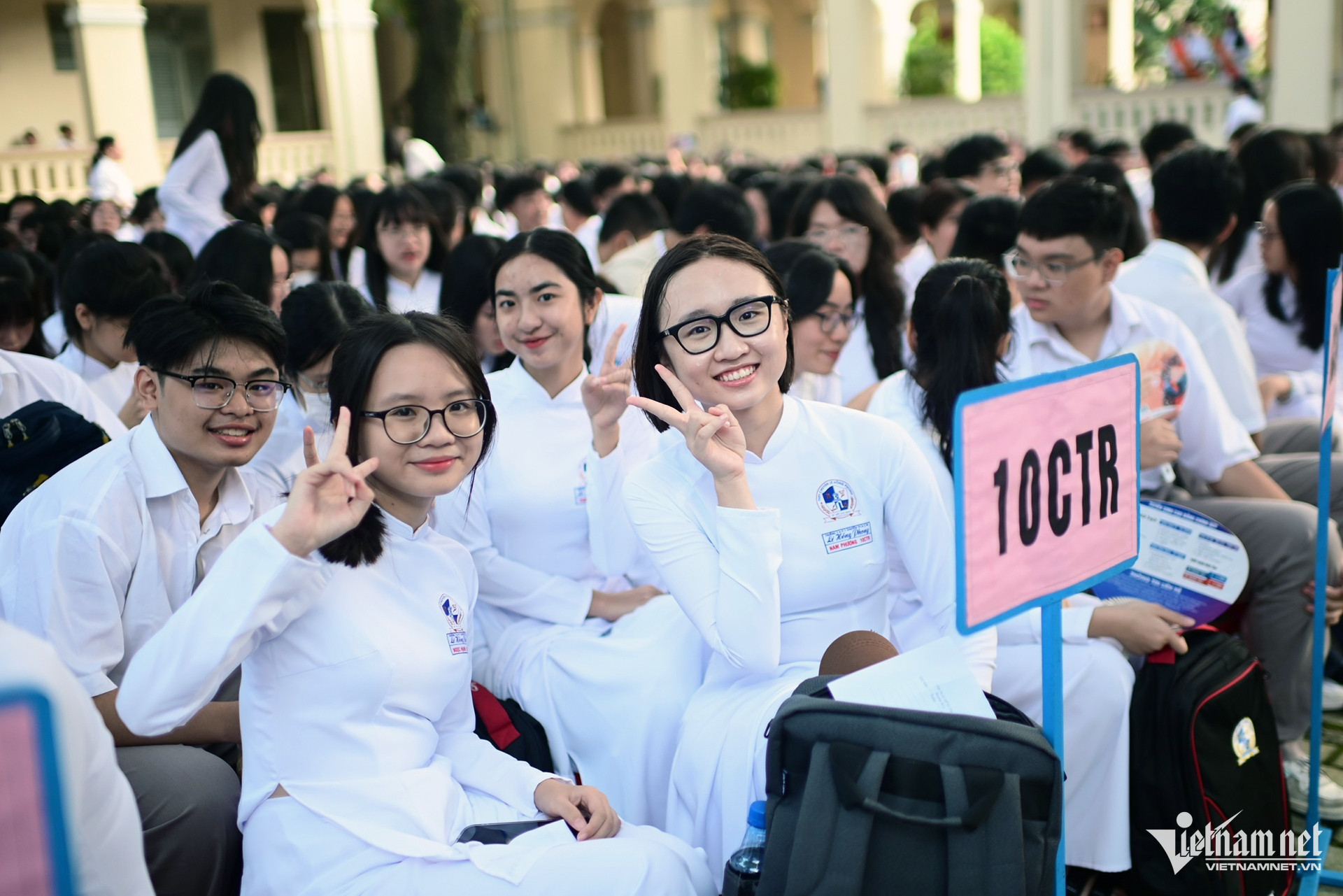
Similarly, a parent named Ngoc Mai, whose child is in grade 11 in Hanoi, said that studying 2 sessions a day can make the child tired, parents worried, cost more, and the learning efficiency is uncertain.
Ms. Mai recalls the time before Circular 29, when her child attended 6 regular afternoon classes a week, plus 3 extra morning classes at school. "On days when he had to attend 2 classes, he came home exhausted. He left home at 6am. I had to wake up early to prepare breakfast and lunch for him to take to work. He ate lunch at school and then waited for afternoon classes. After school ended at 5pm, he traveled 7km home, and still had to do homework at night," the mother said.
According to her, after Circular 29, when students only had to attend school one session a day because the school stopped tutoring, she saw that her child had more time to rest, had time to study on his own, and participated in some useful community projects. She hoped that her child's school would not organize two sessions a day.
Concerns about cost burden and actual effectiveness
Regarding costs, some readers expressed concern that even though tuition fees will be exempted next school year, parents will still have to pay extra for meals, boarding, and services, "overall, the economic burden will fall on the family."
Reader Minh Hai is concerned that no matter what form the second session takes, students will still have homework at home, and having to study skills and STEM subjects at school may not be suitable for the needs of reviewing for important exams, especially for 8th and 9th graders preparing for the 10th grade entrance exam. "When studying outside of school, parents and students have the right to choose a suitable teacher who will explain in more detail. When studying at school, there are many students, teachers cannot tutor each student," Mr. Hai analyzed.
From another perspective, reader Quang Minh agrees with the idea of teaching STEM, AI, digital literacy, English... but expressed skepticism about the feasibility based on reality. He cited the fact that "interesting" subjects in high school such as experiential activities, career guidance, physical education... are often "asked" for periods to teach additional core subjects. "Or like my child in secondary school in Hanoi, studying IT but only entering the computer room once a year, all the rest is theory... Will these things happen when organizing for students to study STEM, AI..?", Mr. Minh asked.
This parent believes that when teachers are qualified enough to teach "new" subjects, schools are open, classes are open, there are enough practice equipment and rooms for children to study and rest, then organizing two sessions a day will be effective and really good for students.
Sharing with VietNamNet , reader Thanh Tran agreed that teaching soft skills and IT is a good direction, but said that the Ministry of Education and Training should consider reducing the workload of other subjects. "Because we only have 24 hours a day, if we increase it like this, how many hours will the children study at night? Not to mention that new subjects may also have homework. So, to complete all the homework assigned by the school, how many hours of sleep will the children get each day?"
From another perspective, reader Duc Thinh supports the policy of studying 2 sessions/day and taking Saturday off, but suggests allocating time and subjects appropriate to each level of education, and adding subjects on regional culture, behavioral skills, and career guidance to the afternoon program. He also believes that teachers should complete all work at school and not give homework to students.
The policy of teaching 2 sessions/day at secondary and high school levels is a major orientation, aiming to improve the quality of education and comprehensive development for students. However, for this policy to be truly effective and receive high consensus from parents, the Ministry of Education and Training needs to have a careful implementation roadmap, ensuring conditions for facilities, teaching staff, appropriate curriculum and especially listening to and understanding the worries and concerns from parents and students.

Source: https://vietnamnet.vn/phu-huynh-neu-ly-do-hoc-2-buoi-ngay-co-the-gay-ganh-nang-chang-kem-hoc-them-2388233.html







![[Photo] Prime Minister Pham Minh Chinh chairs conference on anti-smuggling, trade fraud, and counterfeit goods](https://vphoto.vietnam.vn/thumb/1200x675/vietnam/resource/IMAGE/2025/5/14/6cd67667e99e4248b7d4f587fd21e37c)




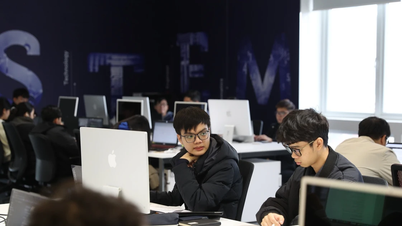
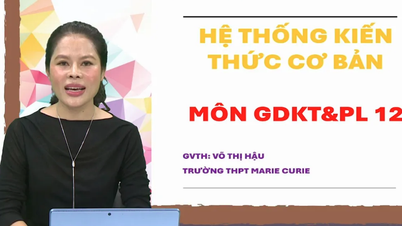


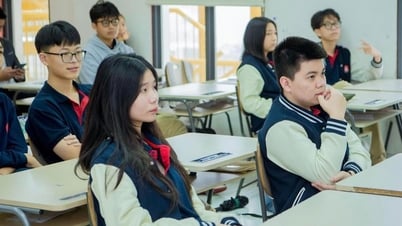







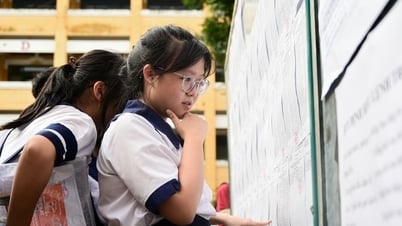














































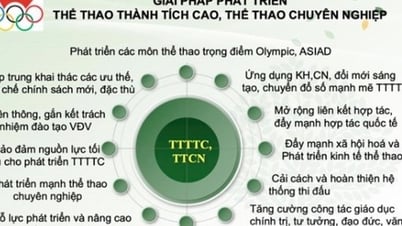


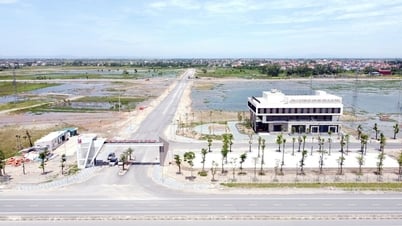






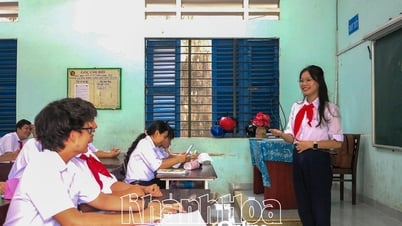







Comment (0)